During each session of the Fort McCoy Cold-Weather Operations Course (CWOC), students spend several days in the field surviving in improvised shelters they built with materials they find and have with them.
Instructor Hunter Heard, who works for contractor Veterans Range Solutions, which supports the Directorate of Plans, Training, Mobilization and Security, or DPTMS, students spend nearly 20 hours during their 14 days of training learning about and building improvised shelters.
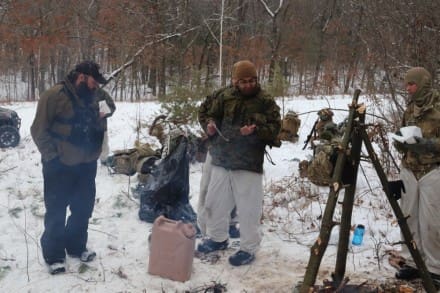
Heard said the most important factor for each shelter is making sure it’s well insulated. Some students have used evergreen boughs combined with leaves and debris. Others have incorporated Army ponchos with natural materials.
“They are all unique,” Heard said.
CWOC Class 20-01 student Sgt. Ty Laird of Fort Bragg, N.C., said learning about building shelters and more were especially good lessons.
“Most helpful part of this course was the field portion,” Laird said. “I can leave here knowing I can train my Soldiers on how to properly wear the cold-weather clothing, how to build shelters, and various ways to pull the ahkio sled.”
During CWOC Class 20-01’s field training with shelter building, the students built several lean-to-style shelters and others took advantage of already fallen trees to build shelters around.
Weather often helps determine how the students will build their shelters and what materials they incorporate into the build.
Each CWOC class training includes a wide range of cold-weather subjects in addition to shelter building, including skiing and snowshoe training, how to use ahkio sleds, setting up the Arctic 10-person cold-weather tent, cold-water immersion, and more. Training also focuses on terrain and weather analysis, risk management, proper wear of cold-weather clothing, developing winter fighting positions in the field, and camouflage and concealment, Heard said.
Located in the heart of the upper Midwest, Fort McCoy is the only U.S. Army installation in Wisconsin.
The installation has provided support and facilities for the field and classroom training of more than 100,000 military personnel from all services each year since 1984.
Learn more about Fort McCoy online at home.army.mil/mccoy, on Facebook by searching “ftmccoy,” and on Twitter by searching “usagmccoy.”
Story by Scott Sturkol, Ft McCoy PAO


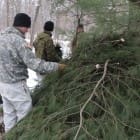
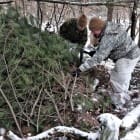
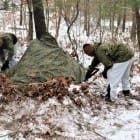
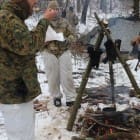
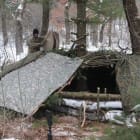
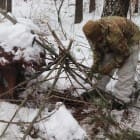
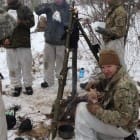
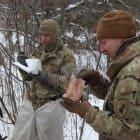
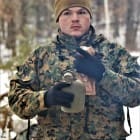
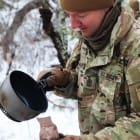
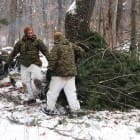
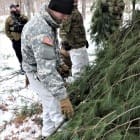
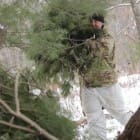
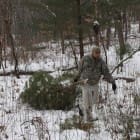
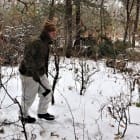
If the training had been conducted at Bragg, this article would have required the “No-Red-Cockaded-Woodpeckers-were-harmed-during-this-training” disclaimer.
: )
I remember doing CWOC as a staff officer at Black Rapids, AK. They had us make the thermal shelter instead of a regular survival shelter. During ALIT I was able to make a snow trench with pine bows and stayed fairly warm. I remember black rapids having a great training cadre.
Everyone forgets about Fort McCoy Wisconsin and the cold weather training that has been going on there for a long, long time, only because it’s a Army Reserve Forces Training Center now and off the radar. Another place is Fort Devens Massachusetts and the training that goes on there, but once again it’s another Army Reserve Forces Training Center.
https://home.army.mil/mccoy/index.php
https://home.army.mil/devens/index.php
If you’re interested in this type of training I highly recommend the Army Mountain Warfare School run by the Vermont National Guard. They have the Basic and Advance military mountaineering schools (summer and winter phases) as well as some specialty courses like the Rough Terrain Evacuation and High Angle Marksmanship course. I’ve been to a few of their courses. Some of the best instructors and training I’ve ever had in the military.